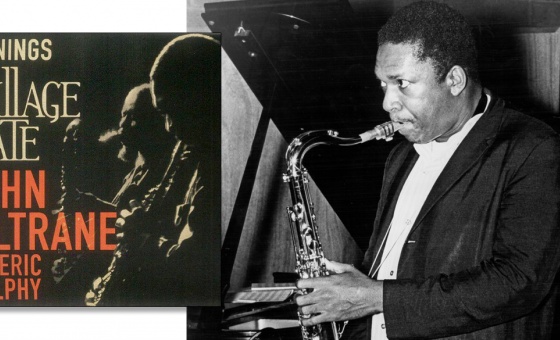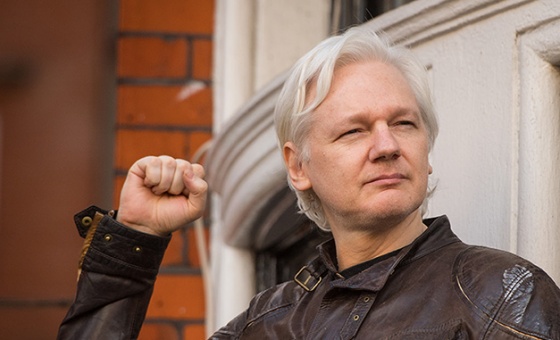This is the last article you can read this month
You can read more article this month
You can read more articles this month
Sorry your limit is up for this month
Reset on:
Please help support the Morning Star by subscribing here
THE United Nations approved a resolution on Thursday night establishing an annual day to commemorate the 1995 genocide of more than 8,000 Bosnian Muslims by Bosnian Serbs, a move vehemently opposed by Serbs, who claim it will brand them all as “genocidal” supporters of the mass killing.
The vote by the 193-member general assembly was 84-19, with 68 nations abstaining, a reflection of concerns among many countries about the impact of the vote on reconciliation efforts in deeply divided Bosnia.
Supporters had hoped for 100 Yes votes, but Russian UN ambassador Vassily Nebenzia, who voted against the resolution, pointed out to the assembly that the abstentions and No votes, together totalling 87, exceeded the 84 votes in favour.
It is also noteworthy that 22 countries skipped the meeting and didn’t vote, some reportedly because of the dispute over the commemoration.
The resolution designates July 11 as the International Day of Reflection and Commemoration of the 1995 Genocide in Srebrenica, to be observed annually.
Sponsored by Germany and Rwanda, the text doesn’t mention Serbs as the culprit, but that didn’t stop the intense lobbying campaign for a No vote by Bosnian Serb President Milorad Dodik and Serbian President Aleksandar Vucic, who had a Serbian flag draped over his shoulders as he sat in the assembly chamber during the vote.
Mr Vucic told UN members after the vote that all those involved in the Srebrenica massacre had already been convicted and sentenced to prison and said the only purpose of the resolution was “to put moral and political guilt on one side” — the people of Serbia and Republika Srpska, the Bosnian Serb half of Bosnia.
“Those people that wanted to stigmatise Serbian people, they did not succeed and they will never succeed,” he said. “Nothing could have ever united Serbian people better than what was happening here today.”
Russia’s Mr Nebenzia called the resolution’s adoption “a Pyrrhic victory for its sponsors,” saying that if their goal “was to divide the general assembly … then they’ve succeeded brilliantly.”
But the resolution’s adoption was welcomed by Zeljko Komsic, the Croat member of Bosnia’s tripartite presidency, family members of Srebrenica victims, UN human rights chief Volker Turk and by many Western and Muslim nations.
On July 11 1995, Bosnian Serbs overran a UN-protected safe area in Srebrenica. They separated at least 8,000 Muslim Bosniak men and boys from their wives, mothers and sisters and slaughtered them. Those who tried to escape were chased through the woods and over the mountains around the town.
The Srebrenica killings were a bloody climax of Bosnia’s 1992-95 war, which came after the break-up of Yugoslavia set Bosnian Serbs against the country’s two other main ethnic populations, Croats and Muslim Bosniaks.
Both Serbia and Bosnian Serbs have denied that genocide happened in Srebrenica, although this has been established by two UN courts.
Before the vote, Mr Vucic urged UN members to vote No, calling the resolution “highly politicised.”
He warned that it would open “Pandora’s Box” and said it was not about reconciliation but would only “open old wounds” and create “complete political havoc” in the region and at the UN.
The Serbian president also strongly attacked Germany for trying to give “moral lessons” to his country and others.
The determination in 2007 by the International Court of Justice, the highest UN tribunal, that the acts committed in Srebrenica constituted genocide, is included in the draft resolution.
It was Europe’s first genocide since the Nazi Holocaust in World War II, which killed an estimated six million Jews and people from other minorities.









